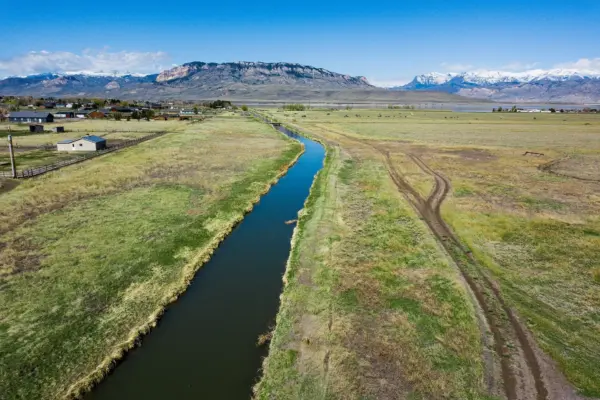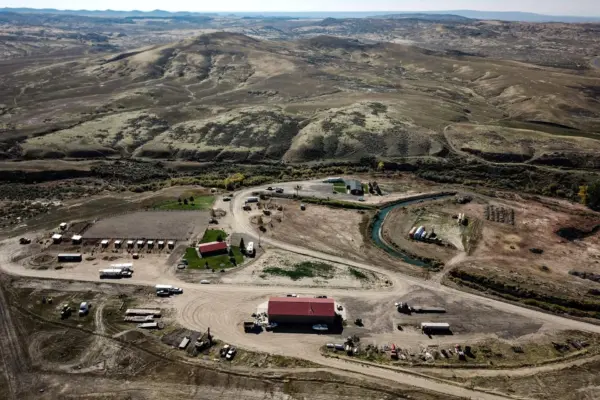Wyoming: National Significance
Wyoming's vast energy resources contribute significantly to the nation's energy landscape. The state is a major producer of coal, natural gas, and wind power. Its energy production not only fuels its own economy but also plays a role in shaping national energy policies. Wyoming's position as an energy powerhouse influences discussions on energy independence and the transition to renewable energy sources.
While Wyoming may not be as prominent in discussions about military bases as some other states, it does host strategic military installations. These installations play a role in national defense and security. F.E. Warren Air Force Base, for example, is home to intercontinental ballistic missiles and plays a vital role in the nation's nuclear deterrence strategy.
As one of the most sparsely populated states with vast expanses of protected land, Wyoming plays a critical role in conservation efforts. Yellowstone National Park, the first national park in the world, serves as a flagship for conservation and environmental protection. Wyoming's commitment to preserving its natural beauty contributes to the national conversation about conservation and land management.
Wyoming: The Future
As Wyoming looks to the future, there is a growing emphasis on economic diversification. Historically reliant on energy resources, the state seeks to expand and diversify its economy to reduce vulnerability to fluctuation in the market. Efforts are underway to support industries such as technology, tourism, and agriculture, fostering a more resilient and dynamic economic landscape.
Wyoming's commitment to conservation and environmental stewardship is likely to continue shaping its future. Balancing economic development with the preservation of its natural beauty remains a priority. The state's efforts to protect its landscapes, wildlife, and dark skies contribute to a vision of sustainable growth that values both economic prosperity and environmental health.
As Wyoming positions itself for the future, education plays a pivotal role. Investments in educational institutions, research initiatives, and workforce development contribute to a skilled and adaptable labor force. The goal is to equip Wyoming people with the knowledge and skills needed to thrive in a rapidly changing economic and technological landscape.
Wyoming, a state that once bore witness to the struggles of pioneers on the Oregon Trail, now stands as a testament to the enduring values that have shaped its identity.
In the present, Wyoming's commitment to equality, seen in its historic strides for women's suffrage, remains a guiding light. The cowboy spirit, woven into the nature of the state, transcends time, beckoning to a legacy of hard work, determination, and self-sufficiency. Looking forward, Wyoming charts a course toward a future that embraces economic diversity, innovation, and sustainable growth. The trails, once chiseled by American Indians, cowboys, and pioneers, have now become the pathway for crafting its legacy.












